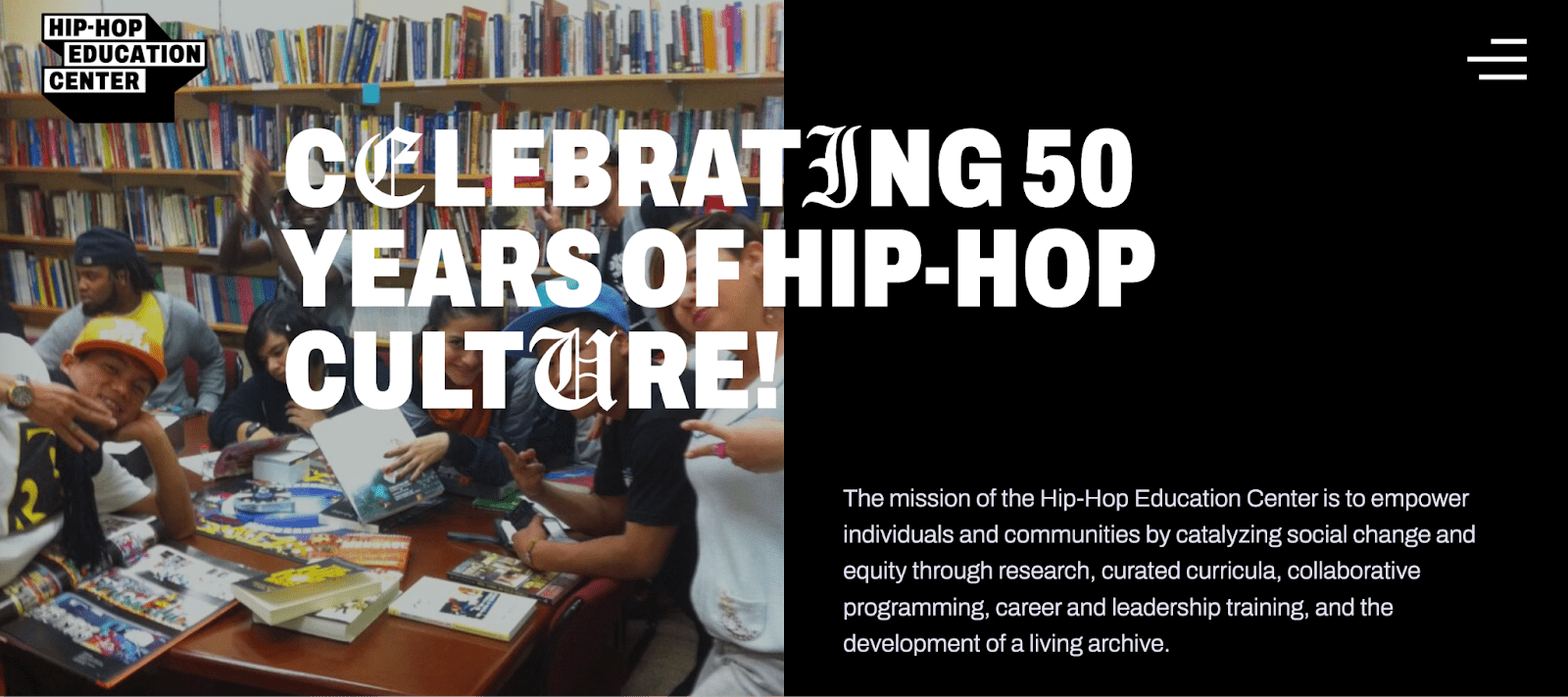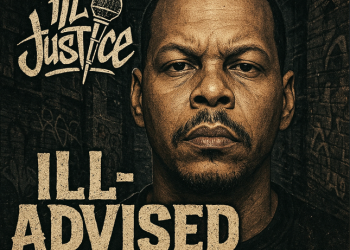
In California, the current of education is about to take a sharp turn, empowered by an unexpected engine – the rhythmic pulse of hip-hop culture. Far from the superficial rifts of popular opinion and closer to the genuine tides of change. With that being said, academic institutions are poised to immerse themselves in the depth and breadth of hip-hop’s influence. In a groundbreaking move, educational stalwarts have joined forces with a cultural power. Invoking not just a trend but a substantial shift in the discourse of educational equity.
The Hip-Hop Education Center and the formidable outfit, Hip-Hop For Change, have initiated the California Department of Education‘s ‘Hip-Hop Education and Equity Initiative‘. This is a move that promises to be more than an experimental relationship, but a transformative venture. This educational paradigm is not just about rap music and graffiti; it’s founded on the pillars of social justice, authenticity, and community building. Here’s how hip-hop, often underestimated and sometimes maligned, may be the key to unlocking the potential of future generations.

A Symphony of Skillsets Through Hip Hop
The initiative is multidimensional.It plans to collect statistical information, offer professional workshops focused on developing an educational approach that maintains cultures, and, most crucially, provide insights into hip-hop’s role in policymaking. Through partnerships, the initiative will develop standard-based teaching models, promote student leadership chapters, and offer a variety of enrichment programs. This is more than just school reform; it is cultural transformation. Recognizing and incorporating hip-hop into official education holds the promise of bridging cultural divisions, paving the way for more inclusive, progressive societies.
This initiative is not about imposing one culture on another. But about appreciating and integrating the rich tapestry of diversity that makes up our classrooms. This regard for cultural diversity is more than simply well-intended platitudes; it is rigorous and well-organized. Standards and practices are being defined through a system that values, rather than appropriates, hip-hop culture. It’s a thorough process that demands inclusion at its foundation. That inclusion extends beyond the children to the curriculum, educators, and the entire support system.

Teach the Teachers, Reach the Ridge
To ensure sustained success, the initiative focuses on training the trainers. Hip-hop is guiding instructors through a developmental curriculum. As a result, assuring a teaching approach that is relevant outside the usual boundaries of academia. The comprehensive collaboration brings together the academic sector and industry specialists, infusing the former with practical knowledge provided by the latter. Guest teaching assignments, professional development resources, and a wealth of credentialing and job-seeking information combine to empower educators, who will then empower their students through the medium of hip-hop.
It’s not just about knowing the lyrics to a few popular tracks or throwing in some graffiti references into a history lesson. This is about a deep and intentional incorporation of this culture into educational philology. By doing so, creating a fertile ground for mutual understanding and empathy. Educators equipped with the tools of hip-hop teaching are not just more relatable; they are revolutionizing the very essence of classroom instruction.
Shaping Society, Not Just Tests
The initiative’s scope extends beyond the school gates. It seeks to impact policy makers and the community at large. In doing so, creating an ecosystem within which hip-hop enriches, informs, and transforms. Hip-hop’s inclusive essence harbor a power that transcends mere music and dance. It speaks of a unified voice, a communal identity, and a shared purpose – platforms that most certainly should be celebrated within the educational paradigm.
The ripples of this initiative are writing notes in the margins of textbooks across the state. Students, once disaffected with an education system that seemed to overlook their cultural heritage, might find a resurgence of interest. The hesitation they felt in opening their minds to learning, no longer shackled by miscommunication or stark cultural dissonance, giving way to a sea of possibilities.
In a symphony of redefinition, our schools are poised to orchestrate a future where hip-hop isn’t just a footnote in history but the very ink on which it’s written. This is not just equity in education; it’s the empowerment of a generation. Refracted through the prism of hip-hop culture that offers new patterns, new hues, and new ways of learning. It’s time we turned up the volume and listened to what the beat of the future has in store for us. Stay locked here at 24Hip-Hop for all updates regarding this amazing academic adventure!




